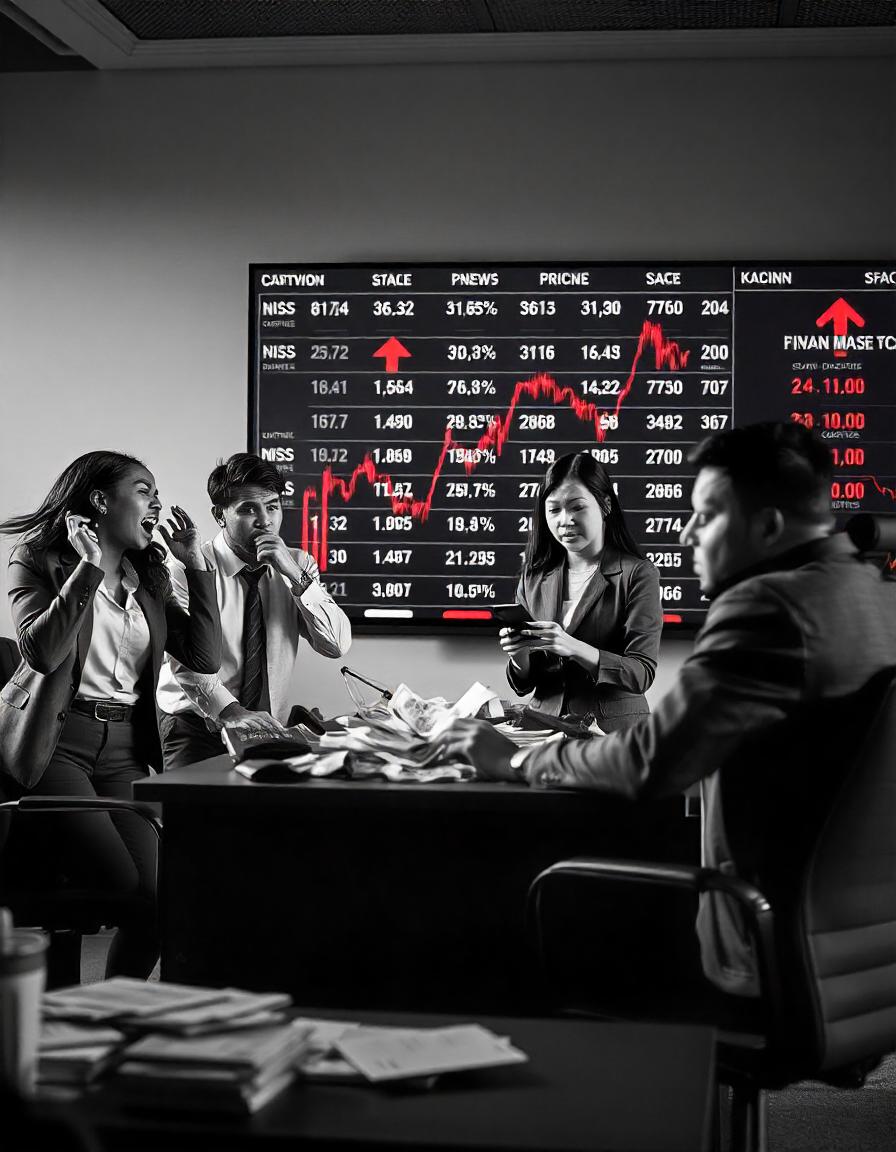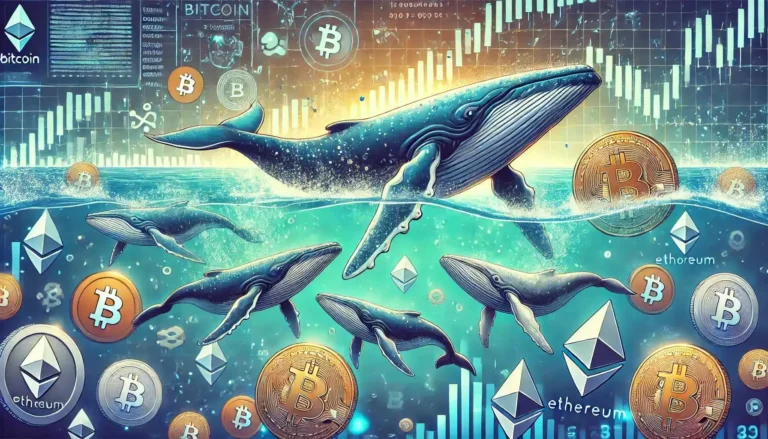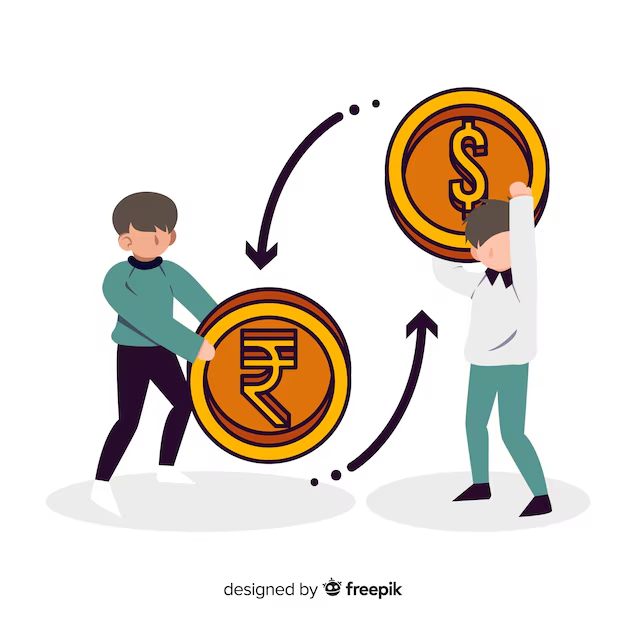The Big Short: A Deep Dive into the 2008 Financial Crisis

In 2008, the world experienced one of the worst financial crises in history, triggering a global economic downturn that affected millions of lives. The collapse of financial institutions, the collapse of the real estate market and the subsequent government bailout are just some of the serious consequences. Among the many depictions of this monumental event in popular culture are: The big short film features a compelling and often humorous portrayal of the people who saw the crisis coming – and made a fortune by betting against the system.
Published in 2015, The big short film is a film adaptation of the 2010 book by Michael Lewis The Big Short: Inside the Doomsday Machine. Directed by Adam McKay, the film follows several people who foresaw the collapse of the real estate market and used the stock market to profit from the impending disaster. The film’s witty dialogue, star cast and unique narrative style make it both entertaining and educational. But at its core, it offers a detailed, if dramatized, look at the financial mechanisms that led to the crisis and the people who uncovered them.
A brief overview of the plot
The big short film is about a handful of financial outsiders who foresaw the collapse of the real estate market and profited from it by betting on mortgage-backed securities (MBS) and collateralized debt obligations (CDOs) – two financial products that were central to the crisis. The film follows several storylines, each focusing on a different group or individual:
Dr. Michael Burry
Dr. Michael Burry, played by Christian Bale, is a neurologist turned hedge fund manager who is the first to discover the instability of the real estate market. He makes a bet against the real estate market through credit default swaps (CDS) that most others dismiss as crazy. Burry’s unique approach to analyzing the mortgage market enabled him to identify the impending collapse.
Mark Baum
Mark Baum, portrayed by Steve Carell, is a cynical and disillusioned hedge fund manager who gets involved after learning of Burry’s findings. Together with his team, he delves deeper into the subprime mortgage market and uncovers widespread fraud and misconduct. Baum’s journey uncovers the moral and ethical dilemmas that arise from betting against an entire system.
Jared Vennett
Ryan Gosling plays Jared Vennett, a smart and fast-talking banker who learns of Burry’s bet and uses it as an opportunity to create his own financial product – credit default swaps – that allows investors to profit from the collapse. Vennett acts as a narrator of sorts, often breaking the fourth wall to explain complex financial concepts to the audience.
Charlie Geller and Jamie Shipley
Charlie Geller and Jamie Shipley (played by John Magaro and Finn Wittrock respectively) are two young investors who find themselves in crisis. They team up with retired banker Ben Rickert (played by Brad Pitt) to bet against the mortgage market. This storyline adds a new perspective to the unfolding crisis and demonstrates the opportunistic nature of financial markets.
The mechanisms of the crisis
In the heart of The big short film lies in the mortgage market and its subsequent collapse. In the mid-2000s, U.S. housing prices were skyrocketing and mortgage lenders were offering increasingly risky loans to homebuyers who couldn’t afford them – so-called “subprime borrowers.” These risky loans were packaged into mortgage-backed securities (MBS), which were then sold to investors as safe, high-yield assets. You can find out more about it Mortgage-backed securities on Wikipedia.
However, many of these MBS were afflicted with bad loans that eventually defaulted. The financial institutions, rating agencies and even government regulators did not recognize the risks and believed that the real estate market was invulnerable. The banks and investment firms that wanted to profit from the boom ignored the warning signs and continued to buy and sell these toxic assets.
As the market began to unravel, Burry, Baum, Vennett, and Geller—each from a different perspective—recognized the inherent fragility of the bubble. They recognized that the entire financial system stood on shaky foundations. The protagonists then bet against the system and use financial products such as credit default swaps (CDS) to profit when the bubble inevitably bursts.
In The big short filmThese financial products are at the center of the action. The film explains them in a way that even viewers with little financial knowledge can understand. One of the most memorable scenes involves celebrity cameos explaining complex terms like mortgage-backed securities and collateralized notes, helping to demystify the complicated concepts of the crisis. Further information about these financial instruments can be found here How Collateralized Debt Obligations Work on Investopedia.
Stock market films: entertainment with meaning
What does The big short film such an important entry in the genre of Stock market films is his ability to educate and entertain. Stock market films often depict the high-stakes world of finance, with characters either trying to make it big or struggling with the consequences of their risky bets. Films like Wall Street (1987), Boiler room (2000) and margin call (2011) provide fascinating insights into the world of finance, often highlighting the greed, corruption and ethical dilemmas within the industry.
However, The big short film is notable for its focus on the aftermath of the 2008 financial crisis – a crisis that affected millions of lives, led to job losses and required massive government intervention to prevent a full-scale depression. The film doesn’t just tell the story of the people who bet against the market; It also criticizes the general financial system and the failures of institutions, regulators and the government.
The film shows how Wall Street’s pursuit of profit came at the expense of ordinary citizens, who were lured into risky mortgages they couldn’t afford. The people featured in the film may have benefited, but their success came with the misfortune of many others, making the film both a cautionary tale and an insightful commentary on the financial system’s inherent flaws.
The Big Short’s Impact on Public Perception
One of the most significant achievements of The big short film is its ability to reach a wide audience and shed light on the complexities of the financial system and its role in global crises. The film’s box office success and critical acclaim drew attention to the 2008 financial crisis in a way that most documentaries or financial reports could not.
For many viewers The big short film was their first real introduction to the financial products that played a central role in the crisis, such as mortgage-backed securities, collateralized notes and credit default swaps. The film made these topics accessible and interesting, giving viewers a better understanding of how the financial system works – or, in many cases, how it doesn’t work as it should.
In addition, the film helped to popularize discussions about the ethical implications of financial speculation. While the protagonists in The big short film Although they are portrayed as heroes who went against the grain, their actions also raise uncomfortable questions about the morality of profiting from the misfortune of others. The film doesn’t shy away from showing the human cost of financial collapse, making it a story not just of financial acumen, but also of social and ethical consequences.
Why the great short film is still relevant today
Although The big short film Despite being published almost a decade after the 2008 crisis, its relevance remains high. Many of the issues it covers – such as the failure of financial regulation, the risk of speculative trading and the growing gap between the rich and the rest of society – are still relevant today. The rise of cryptocurrencies, the growth of new financial products and the potential for future economic crises have kept the discussion about the fragility of financial markets at the forefront.
The film’s release coincided with ongoing debates about financial regulation, bank accountability and the role of government in protecting against future crises. It served as both a historical reflection and a timely warning about the dangers of uncontrolled greed and the dangers of prioritizing profit over responsibility.
Diploma
The big short film is not just a film about the 2008 financial crisis; It is a film that challenges viewers to think critically about the financial system, the ethical implications of speculation and the consequences of a lack of regulation. With its compelling narrative, strong performances and sharp wit, it is a standout film in the world of stock market films. Whether you are a seasoned investor or a casual viewer, the film provides an eye-opening look at how complex financial instruments can have devastating consequences when they fall into the wrong hands.
By providing both entertainment and education, The big short film remains a must-read for anyone who wants to understand the intricacies of the stock market, the people who manipulate it, and the lasting impact of one of the greatest financial disasters in modern history.







